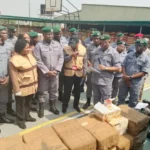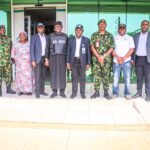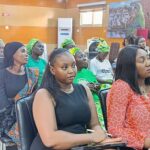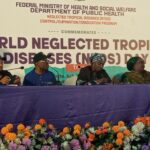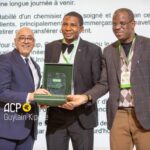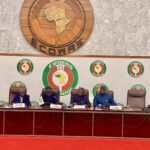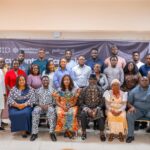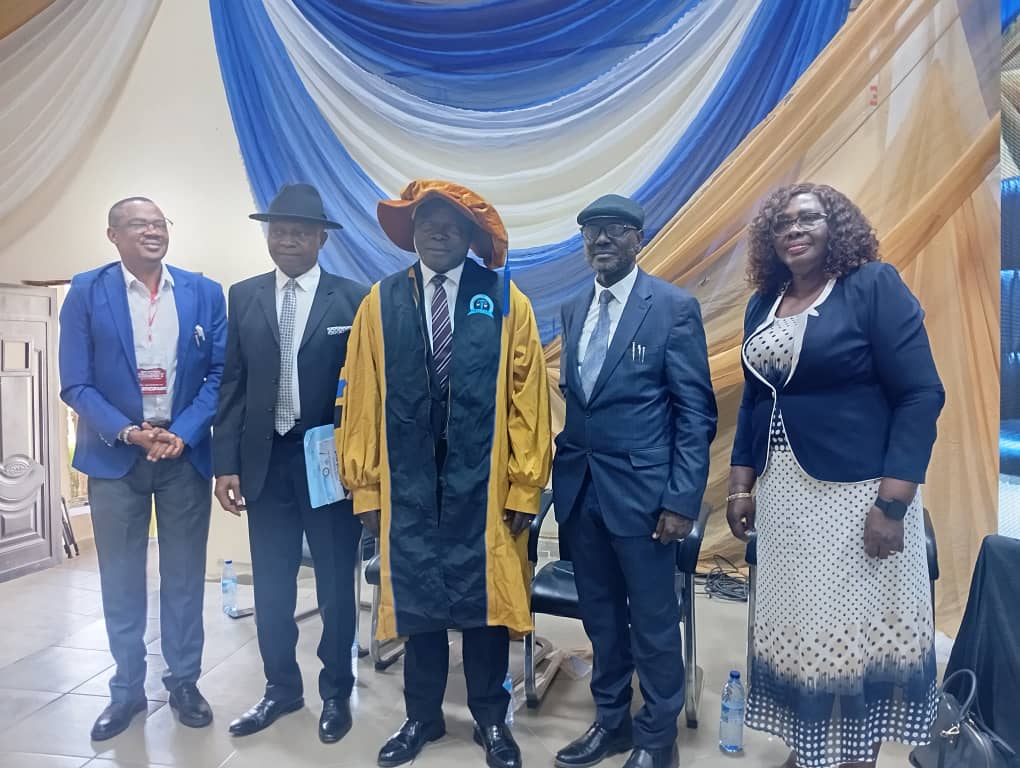By Folasade Akpan
The Nigerian Law Reform Commission (NLRC) has urged stricter regulation of religious activities linked to health practices to curb human rights abuses and medical negligence in worship and healing centres.
Prof. Dakas Dakas, NLRC Chairman, made the call in Abuja at the 2025 National Medical and Health Law Conference, organised by the Institute of Medical and Health Law (IMHL).
Represented by Associate Prof. Okolocha Eugene, he cited documented abuses, including denial of medical care, forced confinement, degrading treatment, and torture in some healing houses.
He called for a rights-based, risk-focused, and technology-friendly regulatory system that respected freedom of belief while prioritising dignity, civics, and equal protection.
Dakas emphasised stronger oversight of centres with high abuse risk, such as overnight crusades, children’s facilities, and fee-charging centres.
“Recommended measures include registration and licensing procedures, minimum standards of care covering water, sanitation, food, safety, staffing, and absolute prohibition of torture, forced confinement, and medical neglect.”
He also proposed staff checks, first-aid and human rights training, child protection, annual licensing, and strict inspections.
Dakas stressed mandatory reporting of suspected abuse to the police, the National Human Rights Commission, and social welfare agencies, along with confidential complaint channels for victims.
He also advocated a multi-agency inspection system with unannounced checks and sanctions ranging from warnings to fines, licence suspensions, and criminal prosecution.
Affirming NLRC’s commitment, he said the commission would collaborate with IMHL and stakeholders to implement reforms safeguarding dignity, health, and safety while upholding constitutional freedom of worship.
Prof. Uwakwe Abugu, IMHL Director-General, said Nigeria’s medico-legal evolution demands deeper regulation of religious centres, stronger accountability frameworks, better health governance in emergencies, and collaboration between law, medicine, ethics, and public health.
He added that IMHL aimed to lead Africa in reforms protecting human dignity, preventing medical negligence, safeguarding worshippers, and enhancing ethical accountability across sacred and secular spaces.
Conference organisers noted that religious centres, while serving as community healing spaces, increasingly blurred boundaries between faith and medical responsibility, sometimes resulting in avoidable deaths, forced confinement, and coercive exorcisms.
Dr Emeka Ayogu, Chairman of the Nigerian Medical Association (FCT Chapter), said that negligence and rights abuses must be addressed through stronger collaboration between medical and legal professionals.
He urged practitioners to operate within their licensed mandates to prevent malpractice and protect patient rights.
The News Agency of Nigeria (NAN) reports that the 2025 conference is the fifth edition since its inception in 2021 and continues to explore the intersection of faith, medicine and law in protecting vulnerable populations. (NAN)(www.nannews.ng)
Edited by Abiemwense Moru

